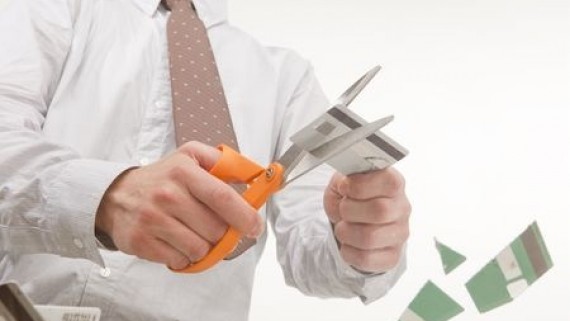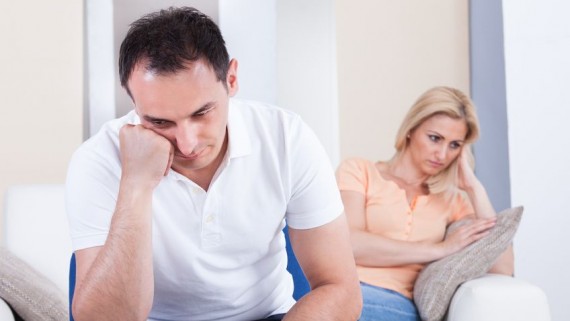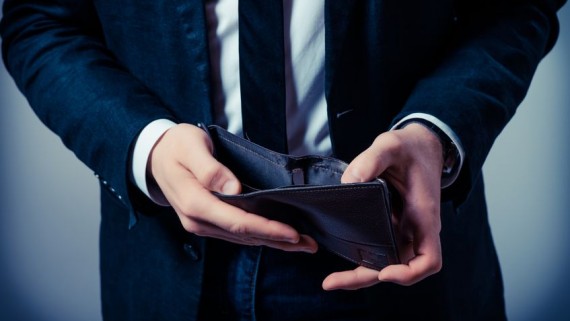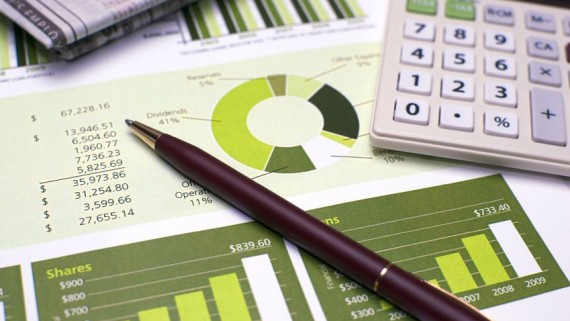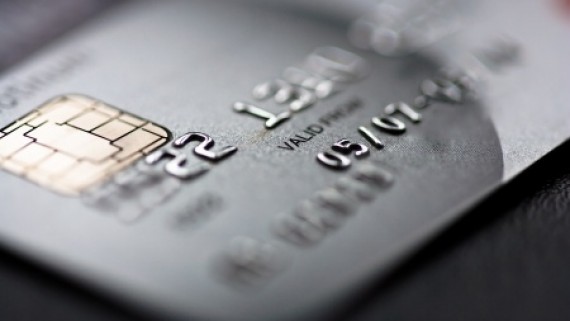Student Loans and Bankruptcy: Everything You Need To Know
Most people assume that filing a bankruptcy case will not help them with their student loan problems. However, a bankruptcy can help when you are facing overwhelming student loan debt in several ways. While student loans are not typically dischargeable through a bankruptcy filing, there are limited cases where you may be able to obtain a discharge of your student loans by filing a Chapter 7 bankruptcy case.
Discharging student loans through Chapter 7 bankruptcy
In some cases, you may be able to discharge your student loans when you file a Chapter 7 bankruptcy. However, you must meet strict criteria in order to receive a discharge of student debts. Because it is more complicated than it seems, you need an experienced bankruptcy attorney who understands the steps involved in discharging student loan debt. Some less experienced attorneys are not even aware that you can receive a discharge of student loans and other attorneys do not want to deal with the added work that must be done in order to wipe out student loans in bankruptcy.
In order to be eligible to discharge student loans through a Chapter 7 bankruptcy case, the debtor must prove to the court that repaying the student loans will cause an undue hardship. In order to determine “undue hardship,” the bankruptcy court uses a three-part test to evaluate if the debtor has met the burden of proof to be eligible to discharge his student loans.
1. The debtor must demonstrate to the court that with his present income and expenses he cannot maintain a minimal standard of living for him and his dependants if he is required to pay his student loans.
2. The debtor must provide sufficient evidence that indicate the debtor’s current financial state will continue for a significant portion of the repayment period for his student loans.
3. The debtor must have made a good faith effort to repay his student loans. There is not a set standard for determining “good faith effort.” However, many judges have determined that the debtor must have made the minimum monthly payments on his student loans for at least five years prior to the bankruptcy to meet the good faith requirement for a discharge.
Debtors who are able to meet all of the above requirements may be able to discharge their student loans through a Chapter 7 bankruptcy. This will wipe out all student loan debt and allow the debtor to recover financially and begin to rebuild his or her finances. For debtors who do not meet the criteria to discharge their student loans, filing a Chapter 7 bankruptcy can still help them with their student loan debt. By discharging other unsecured debts, the debtor has more disposable income available with which to pay the student loan debt. Because the bankruptcy discharges credit card debts, medical bills, personal loans and cash advance loans, the debtor can work toward paying his student loans without the burden of these other debts.
Student Loans in Chapter 13 Bankruptcy
When you file a Chapter 13 bankruptcy, you must list all of your debts as you do in a Chapter 7 case. However, your bankruptcy plan will treat some debts differently than others. For example, your car loan may be paid in full through your Chapter 13 plan as a secured creditor; however, your credit card debt may only receive pennies on the dollar as an unsecured creditor. Even though your student loans may not be dischargeable in your Chapter 13 case, you still must list the debt when you file your petition and schedules. Any student loans that you have at the time of your bankruptcy filing will be considered unsecured debts and will be treated just like the other unsecured debts. The student loan company will receive the same percentage as other unsecured debtors (generally pennies on the dollar) toward the end of your Chapter 13 plan. The remaining balance will be owed by you at the end of your bankruptcy case.
However, during the pendency of your bankruptcy case, the automatic stay prohibits the student loan company from attempting to collect on those debts. In other words, you are not required to pay your student loans during your Chapter 13 case. However, some debtors choose to voluntarily pay their student loan payments, or a portion of the payments, during the Chapter 13 case. For those debtors who do not have the disposable income to pay their student loan payments during the bankruptcy, once the bankruptcy case is completed, their unsecured debts are discharged so they no longer have the legal liability to repay any balances remaining on the unsecured debt. In most cases, the debtors now have the funds to pay their student loan payments because they are not dealing with overwhelming debt from other sources. By successfully reorganizing their debts through a Chapter 13 bankruptcy, debtors can afford to repay their student loans.
What should I do if I have student loans I cannot pay?
You should contact an experienced Michigan bankruptcy attorney like Gene F. Turnwald. Attorney Turnwald has been helping clients for over 20 years who find themselves facing financial problems. We offer free bankruptcy consultations to answer all of your questions about bankruptcy and student loans. It is our desire to help clients find affordable solutions to their debt problems. Call our office today to schedule your free consultation to discover how bankruptcy can help you with our student loans.


